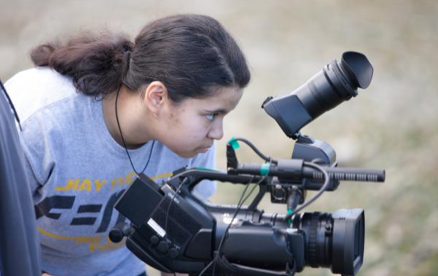The Tulalip Tribes Salmon Ceremony Event
June 15, 2013
Job Title(s): Cooks and Cook Helpers
Note: The Tulalip Tribes publicly announces that Indian Preference to hiring shall apply to the Tulalip Tribal job opportunities.
Requirements:
- Have a valid state driver’s license, reliable vehicle and auto insurance. (PREFERRED)
- Food Handlers Permit. (PREFERRED)
- Must pass initial criminal history background check.
- Dependable and willing to work.
- Must be able to work non-traditional hours which may vary due to participation.
- Able to work independently, follow direction and work well with others.
- Must be at least 16 years of age.
Physical Characteristics and/or Prerequisites:
- Stamina to sit, stand and/or walk for prolonged periods of time.
- Mobility to bend, stoop, and/ or climb stairs.
- Ability to lift/push/pull heavy objects.
Tribal Department: Community Services
Job Summary: To prepare and help serve food for the traditional dinner provided to The Tulalip Tribes Community and Public. Provide support to The Tulalip Tribes annual Salmon Ceremony which offers Tulalip Tribal Members with a forum to participate in their origins, beliefs, values and lifeways. Provide support to the traditional ceremony and dinner held to honor the first salmon caught of the season.
Employee Reports To: Head Cook
Responsibilities:
-
Assist cook in preparing and serving meals for up to 200 guests.
- Ensure safe and sanitary conditions at the site.
- Clean up after meals and as assigned.
- Wash and sanitize dishes, equipment and all surfaces regularly.
- Assist with food orders and shopping if needed.
- Assist with putting away delivered food and items as needed.
Disclaimer: The information provided in this description has been designed to indicate the general nature and level of work performed by incumbents within this job. It is not designed to be interpreted as a comprehensive inventory of all duties, responsibilities, qualifications and working conditions required of employees assigned to this job. Management has sole discretion to add or modify duties of the job and to designate other functions as essential at any time. This job description is not an employment agreement or contract
Terms of Employment: This is a stipend position that can be up to but no longer than two days (48 hours) of services rendered
Pay Rate: STIPEND
Opening Date: June 7, 2013
Closing Date: June 12, 2013 at 4:00 pm
For more information or questions; please call Sasha Smith at Central Employment # 360-716-4284














